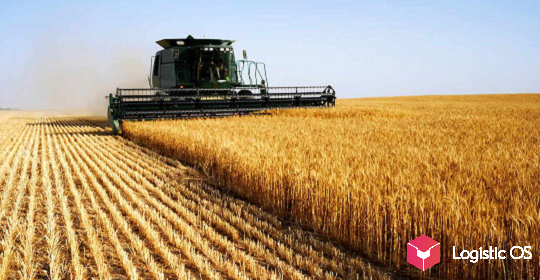Brazilian analysts predict a decline in the production level of major agricultural crops, which could negatively affect the entire world market.
The US Department of Agriculture left unchanged its previous forecast, according to which Brazil should produce about 122 million tons of corn this season and 153 million tons of soybeans.
At the same time, local Brazilian analysts put forward more pessimistic figures.
The National Supply Company of Brazil (CONAB) estimates that the corn harvest will fall from last year to 114 million tons instead of 132 million tons.
As for soybeans, it will be possible to harvest 147 million tons this year instead of 155 million tons, which was last year’s harvest.
One of the reasons for this decline may be a drop in yield. In particular, for corn, CONAB expects it to decrease from 5.9 tons per hectare to 5.5 tons.
As a result, there is a significant discrepancy between the estimates of the American and Brazilian departments.
Experts say it will likely level off and disappear almost completely over the coming months as it becomes clearer what the future harvest will actually be like.
But while this discrepancy exists, it makes the market nervous.
For example, if we take the estimates of Brazilian experts as truth, it turns out that corn exports this year amounted to about 42 million tons, while the market is already expecting 50 million tons.
In other words, there is a loss of 8 million tons of corn on the world market.
It is believed that this shortfall will most likely be offset by US corn supplies, as other major producers of the crop, such as Russia, have not significantly increased their corn acreage this year to qualify for higher export volumes.
As a result, China, for example, has already begun to take action in connection with the worsening forecasts in Brazil.
It is learned that he recently purchased 208 metric thousand tons of wheat from the US.
Brazilian farmers’ benefits are cancelled
Another problem for agricultural producers in Brazil may be the removal of tax incentives.
On June 4, the president signed a decree that deprives agricultural producers of tax preferences.
This means that they will actually receive less money from the sale of their products, which can be a serious blow to the entire agro-industrial complex. And this despite the fact that farmers are already reducing the area under main crops.
While there is still hope that the decree will not be approved by the Brazilian Congress, this issue should be resolved in the coming months.

